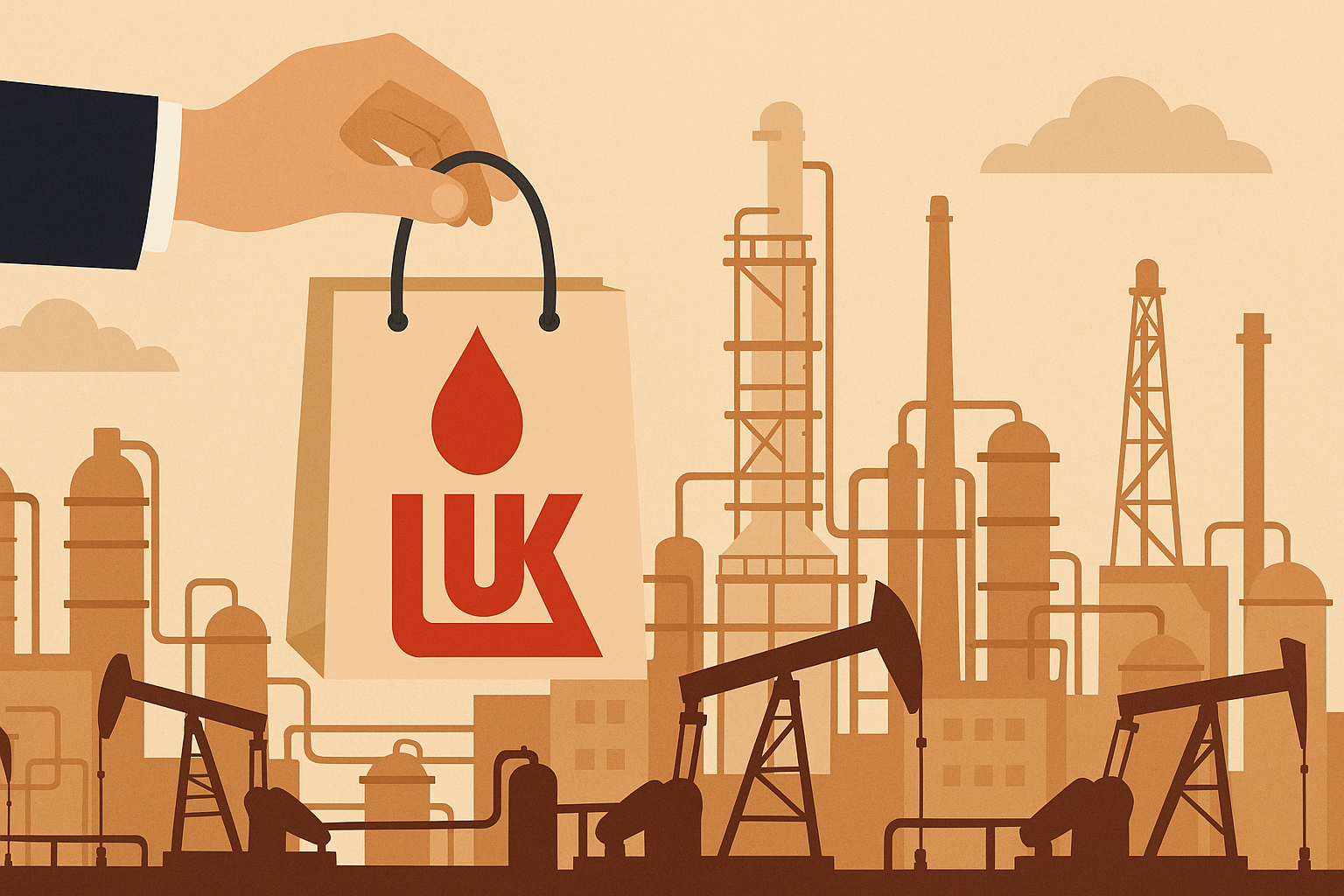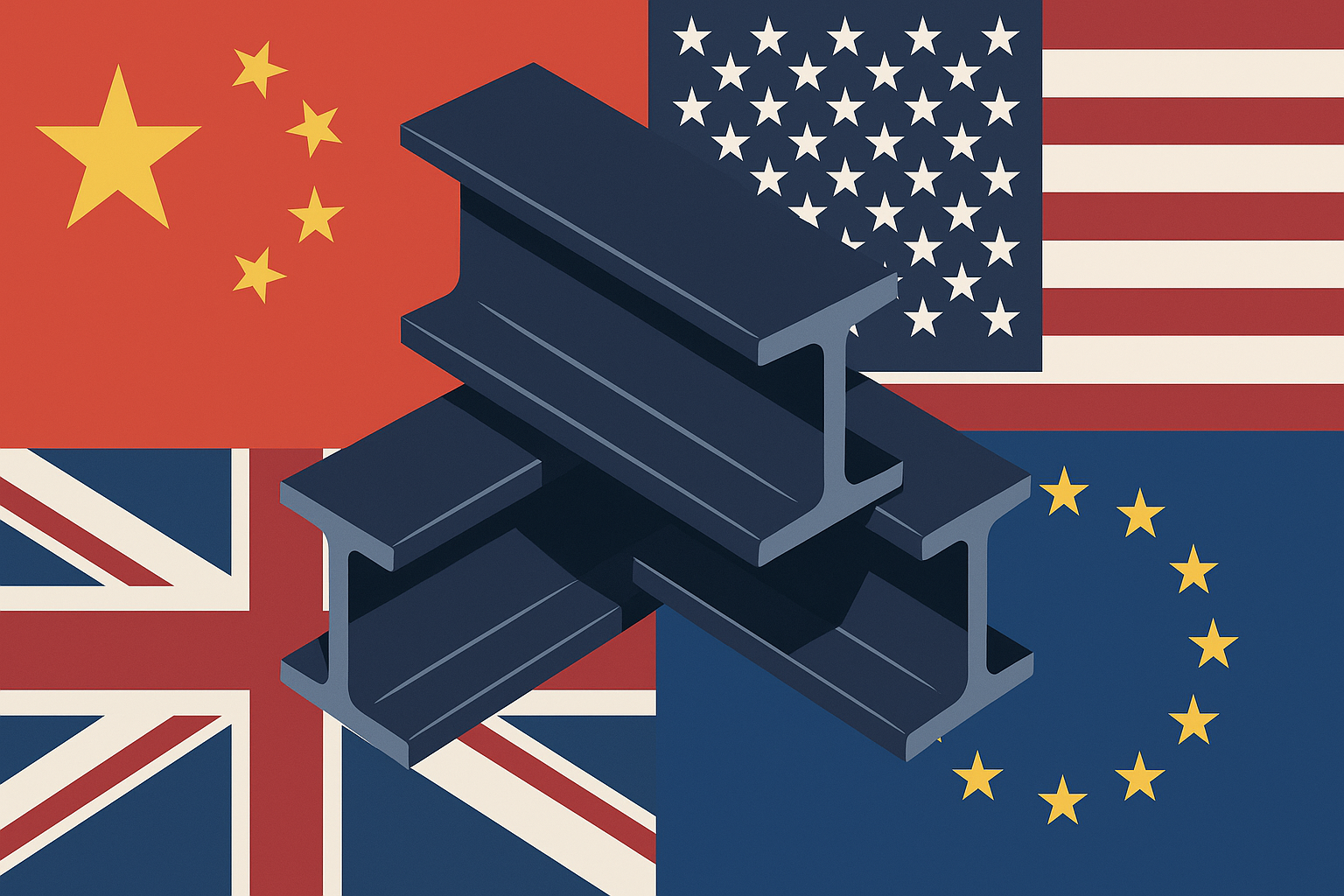Lukoil, Russia’s second-largest oil producer, has announced plans to divest its international assets following the recent U.S. sanctions imposed on the company. The move comes as part of Washington’s broader effort to pressure Moscow into agreeing to an immediate ceasefire in Ukraine.
In an official statement, Lukoil said it had begun “considering bids from potential purchasers” for its overseas holdings, citing “restrictive measures against the company and its subsidiaries by some states.” The company emphasized that the process is being carried out in accordance with a license issued by the U.S. Treasury’s Office of Foreign Assets Control (OFAC), allowing it to wind down international transactions until November 21.
The sanctions, announced last week by U.S. President Donald Trump, targeted both Lukoil and Rosneft — Russia’s two largest oil exporters — in a bid to “degrade” President Vladimir Putin’s financial resources and hasten an end to the war in Ukraine. While analysts believe the sanctions alone are unlikely to alter the Kremlin’s strategy, Lukoil’s swift response indicates the growing pressure on Russia’s energy sector.
Unlike state-controlled Rosneft, Lukoil operates as a private company, though it is widely viewed as being aligned with the Kremlin’s economic and political interests. Its international portfolio spans Europe, the Middle East, and Africa, with significant assets in Azerbaijan, Kazakhstan, Iraq, the United Arab Emirates, Egypt, and Nigeria.
In Europe, the company owns refineries in Bulgaria and Romania, holds a 45% stake in a refinery in the Netherlands, and manages extensive storage and fuel distribution networks across several Balkan countries. However, the sale of its Bulgarian refinery — a 190,000-barrel-per-day facility in Burgas — faces regulatory hurdles after Sofia introduced new measures requiring government approval for any Lukoil-related transactions.
According to Moscow-based brokerage BCS, Lukoil’s European assets currently represent about 5% of its earnings before interest, taxes, depreciation, and amortization (EBITDA), a decline from 11% prior to Russia’s full-scale invasion of Ukraine.
Lukoil stated that if necessary, it will seek an extension of the OFAC license to ensure the “uninterrupted operations” of its remaining international assets. The company has not yet disclosed the potential buyers or estimated value of the forthcoming sales.








